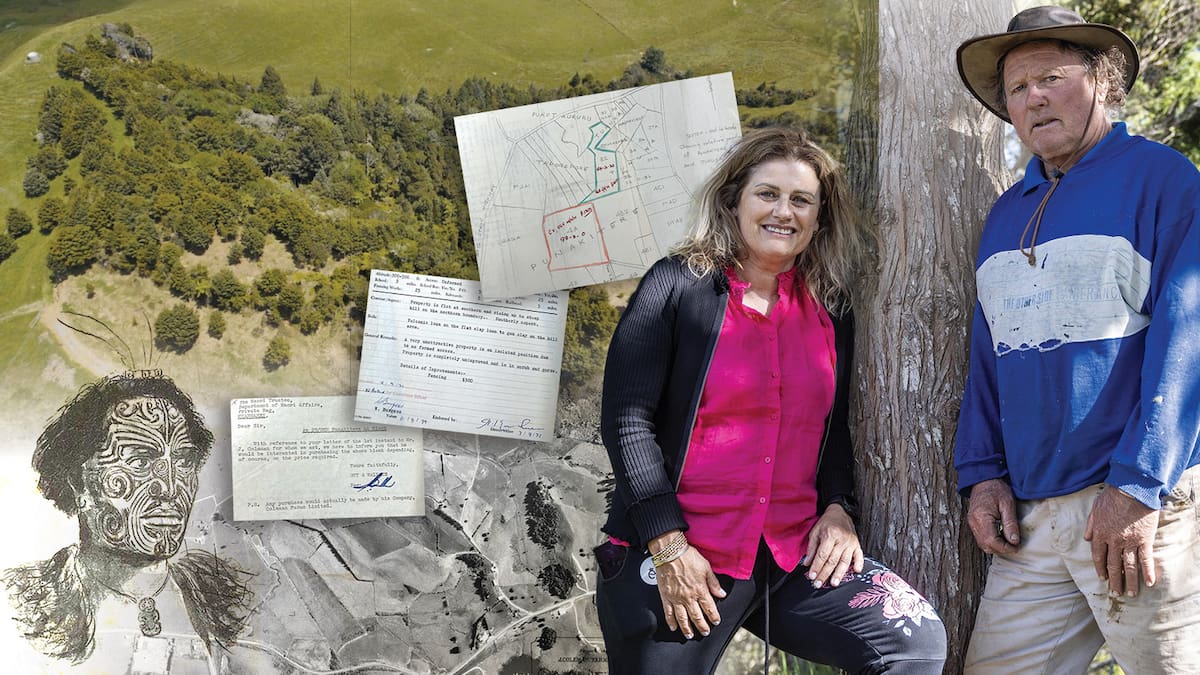Whangārei District Council has started clearing a campsite on public land at the end of Pah Rd, Onerahi after a couple started occupying the land at the start of the year.
The long-running saga of a campsite occupying public land in Whangārei is drawing to a close as the council makes moves to clear the site by the end of the week.
Whangārei District Council (WDC) has started the task of cleaning a public reserve on Pah Rd, which some locals have taken to calling a “squatter camp”.
At the start of the year, Ngaronoa and Priscilla Hepi set up a makeshift camp on the land, saying they had nowhere else to live after being kicked out of emergency accommodation.
Their arrival sparked a number of complaints to the council, and also garnered the support of some Onerahi residents. Reports of alleged unsavoury activity by people visiting the camp drew visits from local police.
Advertisement
/cloudfront-ap-southeast-2.images.arcpublishing.com/nzme/5ZGLXFTQXJEALLAIQJBM6KBDQY.JPG)
The council, at the time, confirmed it had no plans to evict the couple. Instead, it was working with them and other agencies to find a solution.
Some residents were irked by the choice of action. One local, who did not want to be named, claimed it meant it was now open season for squatters.
But at some stage, the Hepis packed up and went. Left behind was an old caravan, a lean-to, a number of old or abandoned vehicles – including a Toyota Rav4 that had been driven into the mangrove area and become stuck – and many steel chemical drums, furniture, wood, plastic, corrugated iron and various household equipment/items and rubbish.
Numerous complaints about the state of the site moved the council to start cleaning up, a task it believed would be completed this week.
Advertisement
/cloudfront-ap-southeast-2.images.arcpublishing.com/nzme/H6DVAJWSFRELTMV63XTIE2PWZ4.JPG)
WDC general manager of planning and development Dominic Kula said the situation required sensitive work from a range of organisations but good progress has been made. He expected the site would be restored to its initial condition by the end of the week.
While the council would not comment further, the Advocate understands it will have to store anything that can be deemed personal possessions for up to several months in case the owners want to claim it back. Anything identified clearly as rubbish can be taken to the dump.
Ratepayers will have to stump up the money for these as well as any other clean-up costs, which included retrieving the dumped car from the mangroves.
/cloudfront-ap-southeast-2.images.arcpublishing.com/nzme/JNKUK76GKFE3RBANSHC7KP6VSE.JPG)
The Onerahi resident, who led the campaign to return the land to the public, was pleased it had finally happened but disappointed at the long battle needed for the “living nightmare” to end.
“But now it’s caused huge environmental damage to the harbour and that land. There’s been cars and other things dumped into the harbour that are not good for the environment. And who will pay for that – the ratepayers.”
He hoped that the council would act far quicker if a similar situation occurred in the future.
Mike Dinsdale is a news director and senior journalist who covers general news for the Advocate. He has worked in Northland for almost 34 years and loves the region.


